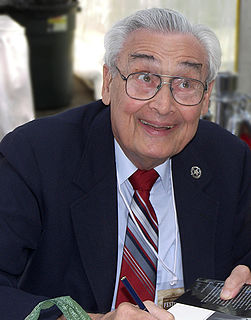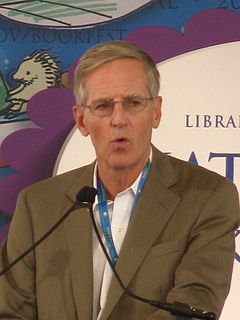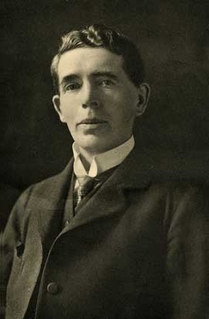A Quote by Robert M. Utley
Incredibly deep research combines with the talents of a fine historian and writer to produce superb narrative history. The true character and relationship of these two iconic westerners emerge to suppress myth and correct more than a century of tomes laden with bad history.
Related Quotes
Pastoureau combines a charming, conversational tone with a haughtiness I found entirely endearing. A director of studies at the Ecole Pratique des Hautes Etudes at the Sorbonne in Paris, he writes from a position of professorial confidence. He has conducted extensive research into the history of colour for a quarter century and his aim is to correct misapprehensions and banish ignorance. His style is not to inquire, explore or interrogate, in the fashion of academic studies today. It is to impart knowledge.
Great historians can make the discovery of the real story more exciting than the romantic myth. Stacy Schiff, a great historian as well as a wonderful writer, peels away the layers to reveal the true Cleopatraa much more interesting woman than the Hollywood version and, as it turns out, a formidable queen after all.
I may remind you that history is not a branch of literature. The facts of history, like the facts of geology or astronomy, can supply material for literary art; for manifest reasons they lend themselves to artistic representation far more readily than those of the natural sciences; but to clothe the story of human society in a literary dress is no more the part of a historian as a historian, than it is the part of an astronomer as an astronomer to present in an artistic shape the story of the stars.
Caution in handling generally accepted opinions that claim to explain whole trends of history is especially important for the historian of modern times, because the last century has produced an abundance of ideologies that pretend to be keys to history but are actually nothing but desperate efforts to escape responsibility.



































